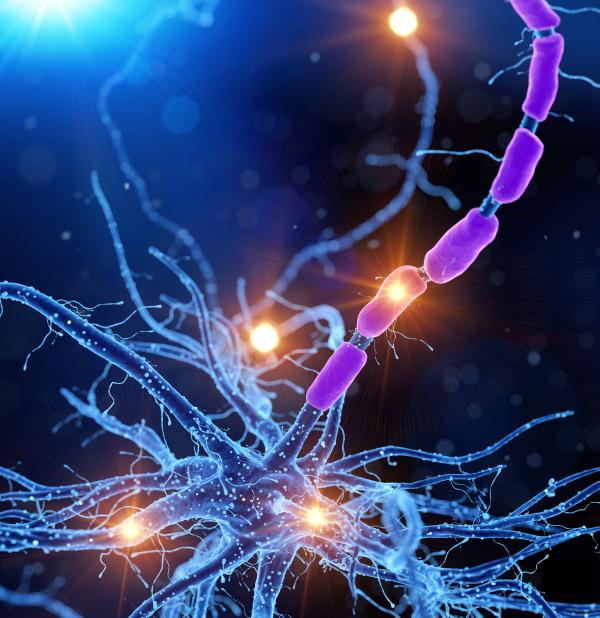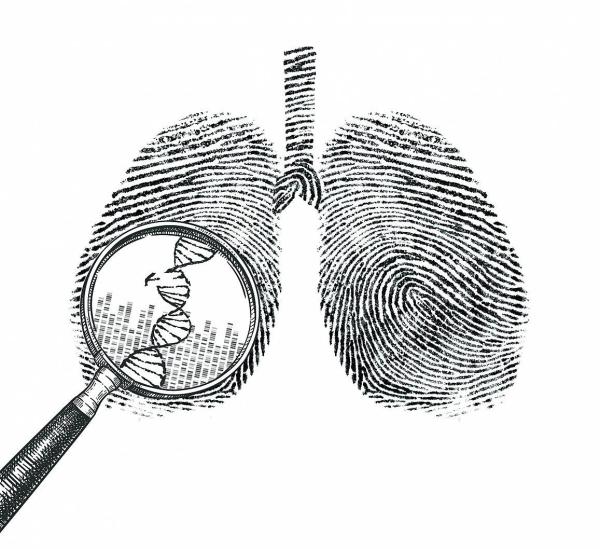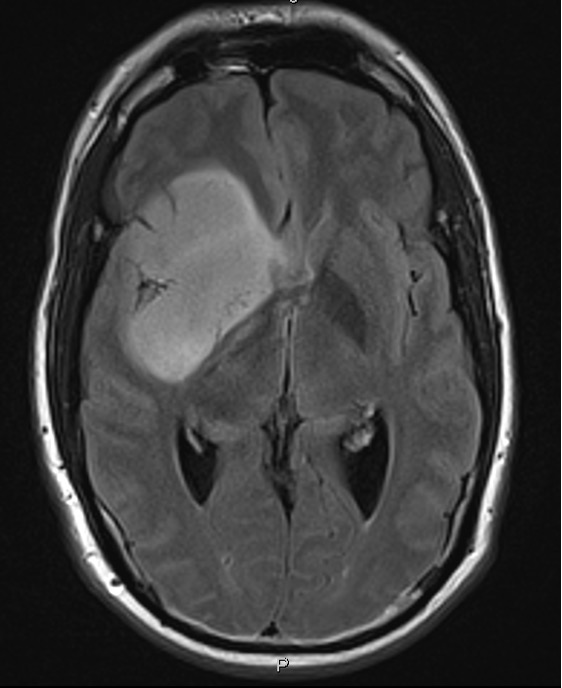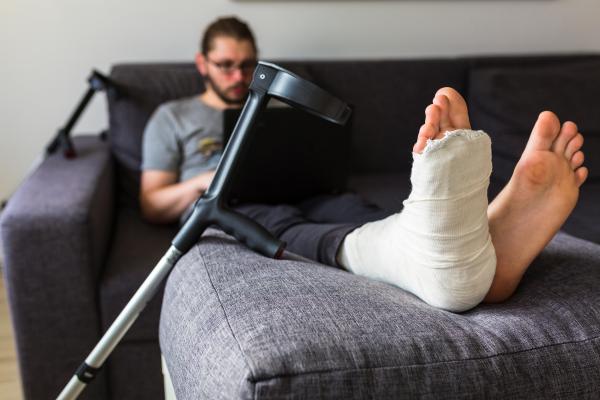A New Model of an Old Itch
IRP’s Marc Ferrer Grows 3D Skin to Study Eczema
Traditional ways of assessing the effectiveness and safety of potential new drugs don’t exactly mimic the human body. After all, we are not jumbo-sized mice, nor are we flat swaths of a single type of cell spread across a petri dish. As a result, many drugs that initially show promising results when tested on cell or animal models turn out to be disappointing in clinical trials.
That’s why scientists like the IRP’s Marc Ferrer, Ph.D., are developing more realistic models of human tissues, which give a more accurate picture of how well a drug might work in people. As we observe Eczema Awareness Month in October, we spoke with Dr. Ferrer, Director of NIH’s 3D Tissue Bioprinting Laboratory, about the efforts of his group to create a better model of human skin for testing treatments for that condition, which causes dry, itchy skin for more than 30 million Americans.










